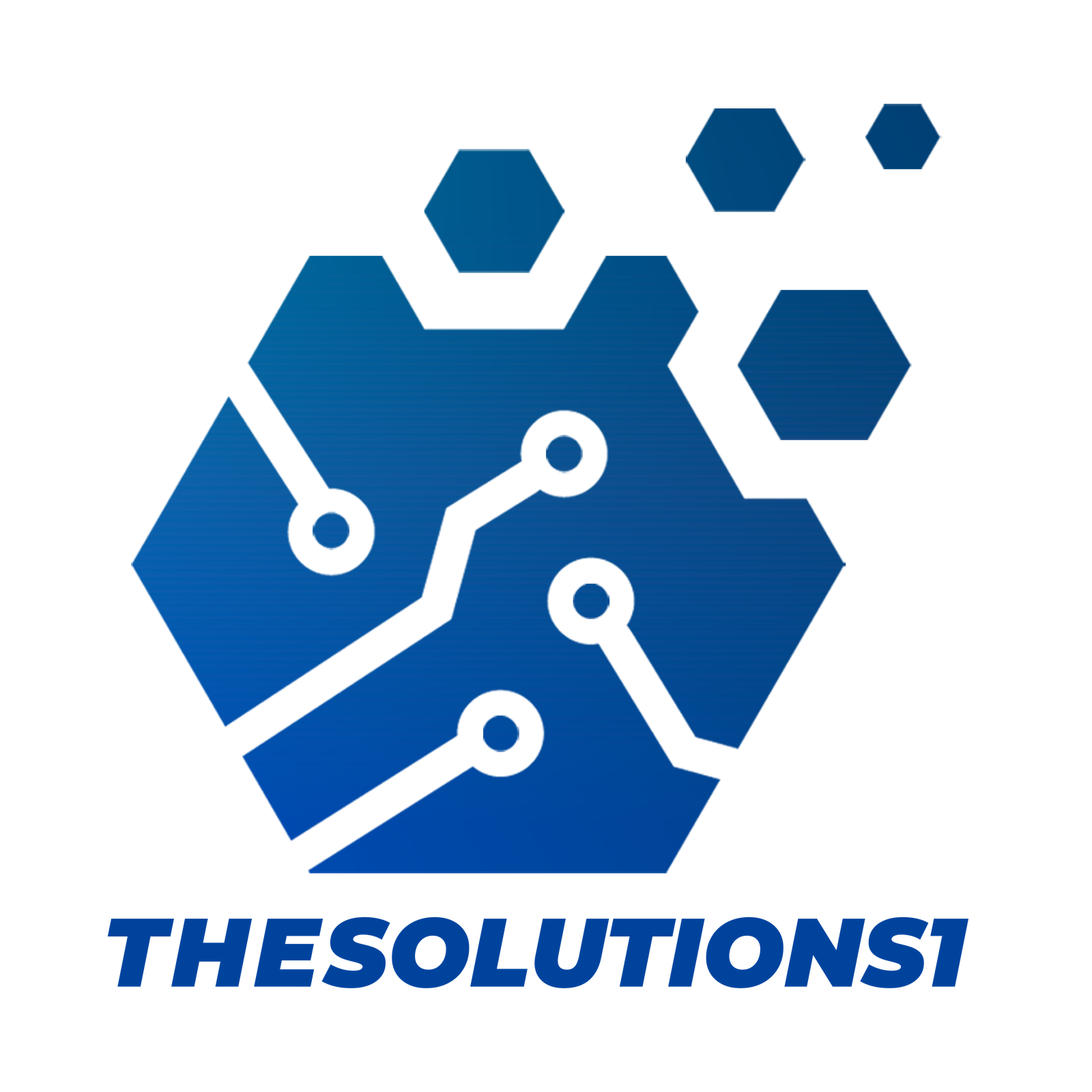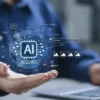The quantum computing revolution isn’t coming – it’s already here. In my recent conversation with Mitra Azizirad, President and COO of Strategic Missions and Technologies at Microsoft, she made it crystal clear that we’ve entered what she calls “the reliable quantum computing era.” This isn’t just another technological advancement; it’s a seismic shift that could redefine competitive advantage across industries.
Why Quantum Computing Is Different This Time
The game-changer is what experts call “reliable quantum computing,” which uses logical qubits that are far more stable than their predecessors. As Azizirad explained it to me with a delightfully simple analogy, “It’s like putting noise-cancelling headphones on qubits.” These logical qubits can detect errors, correct them, and maintain stability during computations – fundamental capabilities that make quantum computing practical for real-world applications.
The AI Parallel That Business Leaders Can’t Ignore
Drawing a fascinating parallel with recent history, Azizirad pointed out that we’re at a moment similar to the generative AI breakthrough in 2023: “Those business leaders who were prepared got more of an early competitive edge. And I believe that reliable quantum computing will be just as transformative, particularly in solving complex problems that are intractable for classical computers.”
The Hybrid Future Of Computing
One of the most important insights from our conversation was that the future won’t just be defined by quantum solutions in isolation. “The future of computing is hybrid,” Azizirad emphasized. “It’s not just like waiting for some far-off quantum computer. It’s really bringing together quantum, AI and HPC to leverage each where they’ll be the most useful.” This means organizations need to think holistically about how these technologies will work together.
Real-World Applications Already Emerging
One area where quantum innovation promises to have a near near-term impact is chemistry and materials science. According to Azizirad, “96 percent of all manufactured goods rely on chemicals and materials science.” Microsoft has already demonstrated a hybrid workflow for a chemistry application, combining HPC, AI, and quantum computing to solve complex catalyst problems with high accuracy.
The applications are both diverse and profound. In the automotive sector, quantum computing could help design efficient electric vehicle batteries that extend range and reduce charging times. Environmental innovations could include developing materials that serve their purpose but biodegrade quickly afterward – a potential game-changer for addressing our global plastic crisis. In the pharmaceutical industry, quantum computing could accelerate drug discovery by simulating molecular interactions with unprecedented accuracy. AI and HPC are already delivering results for many of these areas. As Azizirad explained, Microsoft has recently made a breakthrough: “Microsoft Research just actually introduced this AI-driven simulation system, which can accurately model protein behavior down to the individual atom at these orders of magnitude faster than ever before.”
These aren’t theoretical possibilities for some distant future – they’re being developed and implemented now. As Azizirad shared, “This past year, our teams ran an end-to-end chemistry workflow that combined that magical HPC, AI and quantum and invented a quantum algorithm for a catalyst problem and ran it on logical qubits… we were able to solve that problem very quickly with a high degree of accuracy.” The application of hybrid approaches can extend to solving problems in, for example, sustainability, clean water, packaging and food – essentially touching every aspect of manufacturing and consumer goods.
about:blankClick to accept marketing cookies and enable this content
Your Quantum Readiness Roadmap
Perhaps the most sobering statistic Azizirad shared was that only 12% of business leaders surveyed feel their organizations are prepared for the opportunities and risks associated with quantum computing. This knowledge gap between theoretical understanding and practical application is becoming increasingly critical to address.
Azizirad outlined several key steps for business leaders. Start by educating teams on quantum fundamentals and giving them opportunities to experiment with quantum computing. Analyze potential use cases specific to your business and create an application roadmap. Think about how quantum will integrate with your existing AI and computing infrastructure.
Most crucially, address quantum security now. As Azizirad warned, “Becoming quantum-safe is of paramount importance… It’s the future risk associated with our cryptography systems. And the solution is clear. It’s transitioning to post-quantum cryptography.”
Looking Ahead: The Dawn Of A New Era
After 33 years at Microsoft, Azizirad shared something that really struck me: “I have never been as excited as I am today because it’s really about harnessing the full potential of quantum and what that really means. I feel like it’s the kind of work that I’ll be able to talk to my future grandchildren about.”
The quantum revolution isn’t some distant future we need to prepare for – it’s unfolding right now. The businesses that thrive in this new era will be those that start building their quantum capabilities today. As Azizirad succinctly put it, “My recommendation is to begin preparing today. Without a doubt.”




